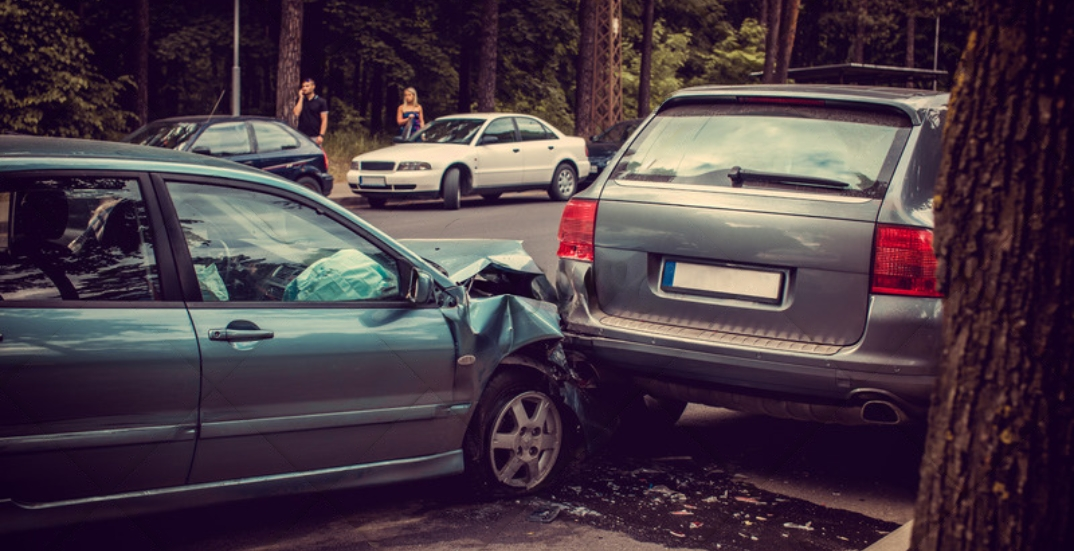
The vast majority of personal injury claims do not go all the way to a jury trial. Often, they are resolved through settlements with insurance carriers. However, that does not mean that the claims will be relatively straightforward. There may be times when mediation can be a useful alternative resolution dispute method to help achieve a fair settlement for injury victims. Here, we want to discuss the mediation process.
The Basics of Personal Injury Claim Mediation
In a mediation, a plaintiff and a defendant (and their legal teams) we’ll sit down with a neutral third-party mediator. This mediator is typically trained to help individuals come to a mutually satisfactory solution for the claim.
If a mediation occurs before a personal injury lawsuit is filed, it will typically be voluntary. Mediations will only happen if both sides request it, and a settlement will only be reached if both sides agree to it. Mediators do not make decisions about the case or give their opinions. They are there to help both sides come to a reasonable conclusion.
After a personal injury lawsuit is filed, a judge may order both sides to go through mediation to attempt to resolve the dispute before a trial becomes necessary.
Mediations typically follow a basic structure, though this process may vary depending on the individual mediators. Usually:
- Both parties get a chance to speak to the mediator in the presence of the other party
- Both parties get to speak directly to the other party as the mediator facilitates the exchange
- Both parties will get to speak to the mediator alone
Mediators, who are often former judges or attorneys with experience handling these situations, will listen to both parties. They will gather all the information, but they will not reveal what either party says in confidence to the other side. However, they will use this information to try and convince each side to change their position enough so that an agreement can be reached.
Mediations are not court cases, and statements given during the mediation are not given under oath.
Benefits of Mediation for Injury Claims in West Virginia
There are various benefits to immediately that individuals should be aware of. First, this allows individuals to sit in the same room with the opposing party, which puts a human face on an otherwise cold claim. This can help insurance claims adjusters and their attorneys see more than just writing on a piece of paper.
Mediation can also help avoid a more costly civil personal injury lawsuit. When a lawsuit gets filed, this puts the claim in the civil court system and starts the discovery process. The investigation and the process of giving and taking depositions can be costly, particularly when an attorney is helping. Going to trial with the claim could certainly eat into the total settlement that a person eventually recovers.
Additionally, the process of filing a lawsuit and going to trial could take years. When a mediation is available, this could resolve the claim within a few weeks or a few months after the case begins.
If you or somebody you care about has sustained an injury caused by the negligence of another individual or entity in West Virginia, reach out to a Martinsburg personal injury attorney as soon as possible. Your attorney will review all of the possible options for resolving the conflict, one of which may be a mediation.




